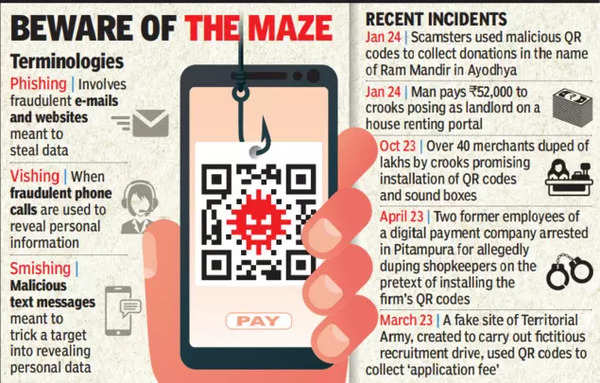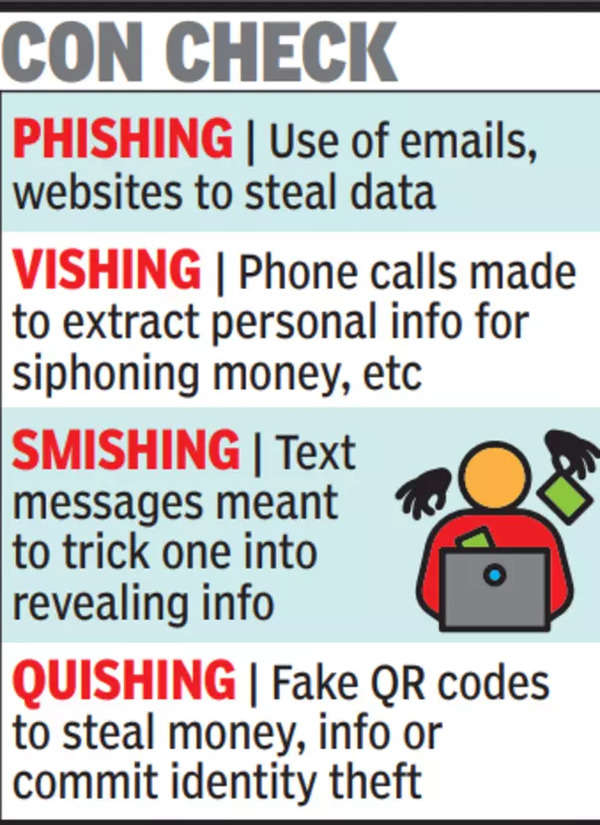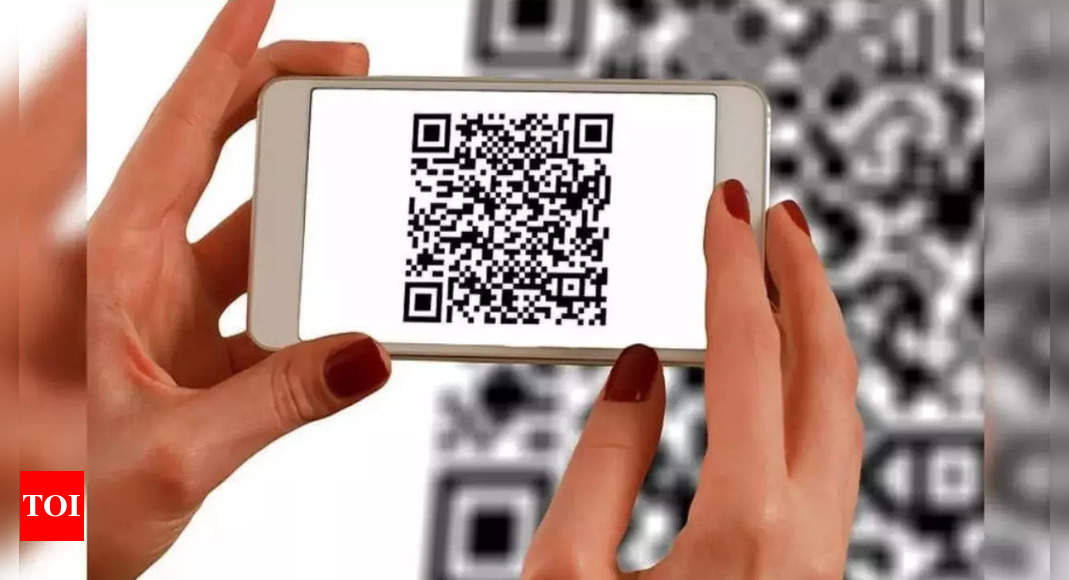[ad_1]
Officials also pointed out that people often forget that the QR codes and the PIN is only required to send money.
“One doesn’t have to enter their PIN to receive money on digital payment platforms. A majority of these frauds are being committed during sale and purchase of used goods on e-commerce sites,” the official added.

Complaints received by different units of Delhi Police’s cyber cells show how victims from diverse backgrounds are falling prey to this con. Most of the victims, the FIRs reveal, are educated, middle-aged people. This is in stark difference from other cybercrimes where elderly people are the most vulnerable targets.
Just this month, a media professional, who had advertised for renting out his flat on a portal, was in for a shock when crooks accepted payment on his behalf through a QR code while posing as the house owner. The victim, who had just moved to the city, was even given a tour of the house by the caretaker who was allegedly unaware of the unfolding con. A few months ago, as many as 40 merchants were duped of lakhs of rupees by crooks on the pretext of installation of QR code and sound boxes that confirm payment.

In foreign countries, one of the newest QR code scams targeted drivers at pay-to-park bays where the scammers changed the stickers with fake QR codes. Drivers who scanned them were directed to a portal that asked them to enter their credit card or bank account information.
The money, once siphoned, is difficult to retrieve, says a DCP-rank officer heading a district cyber cell. “Though we try to block and freeze the amount by following the money trail, in many cases the sum is routed through multiple wallets and accounts before being withdrawn through ATMs even before an FIR is filed,” the officer added.
[ad_2]
Source link

